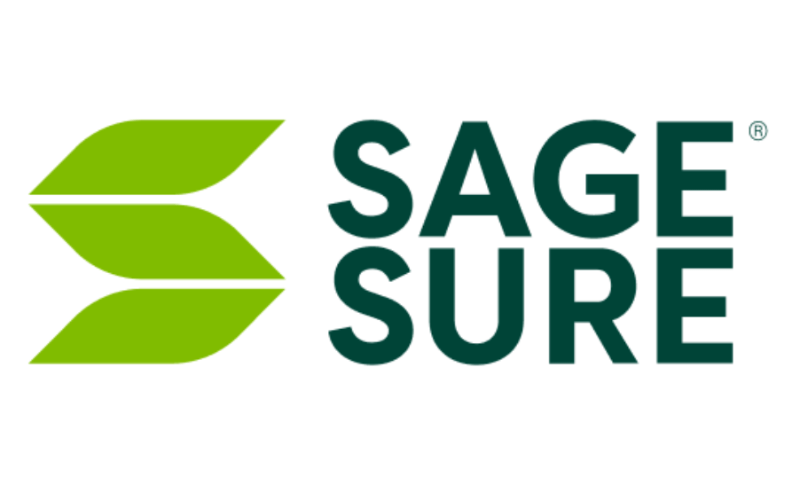
According to the government of Canada, small businesses account for almost 98% of total businesses throughout the country.Can you imagine if 98% of Canada’s businesses shut down? That would be a scary situation, which is why risk management and business continuity planning is very important as a small business owner.What is business continuity? Business continuity planning is essentially preparing your business for the worst.
It’s implementing a step-by-step plan for the future should an emergency situation occur, and it’s something that some small business owners overlook.What would you do if there was a power outage? How would you recover from a cyber attack? Are you properly prepared for natural disasters or a pandemic? These are just a few of the questions you need to begin asking yourself to develop a business continuity plan.Top risks for small businesses Disasters can happen anywhere and without warning.
Don’t let this coming year be the most costly year for your small business—make sure you’re both aware and prepared for the top risks you may be facing.Fire One of the reasons that 2016 was such an expensive year for insurable damage was due to the Alberta wildfires. Many individuals and businesses suffered major losses from this devastating disaster and are still recovering from its effects.Start by asking yourself: Are your employees properly trained on handling and operating equipment and fuel that may cause fires, property damage and/or serious injury? Do you have fire protection equipment, such as fire extinguishers and smoke alarms, installed on your property? Natural disasters Fire is not the only natural disaster that can cause significant damage to your business.
Others include: Flood Wildfire Earthquake Tornado Hurricane Avalanche Each of these possible disasters will depend on your proximity to the elements that cause them.Make sure you have a plan in place for the ones that could cause a loss to your business.If you do have insurance coverage for your small business, check if the items on this list are covered through your current policy.
If not, it may be time to update your coverage.Some other key points to consider: If you can’t return to your business facility, where could you temporarily set up? Is your staff trained on the proper protocol for a natural disaster? Do you have a communications statement ready for your customers if you’re unable to fulfil commitments? Electrical power outages This is one of the more common risks that small businesses face.A really bad storm could knock out the power for a few hours.
In more severe cases, you could be without electricity for a few days.One harsh wind storm can leave many homes and businesses without power for quite a while.This can cause a few problems including: Loss of heating or central air conditioning Issues with electrical panel or meter Breakdown of all electronics including machinery, cash registers, elevators, diagnostic systems, boiler, compressor, freezers, ovens and other important devices If your business depends on electricity—as many do—investing in a back-up generator would be wise as part of your business continuity plan.
Pandemic A pandemic not only affects people, but businesses as well.It’s important that your business continuity plan includes a recovery plan and addresses issues that may arise as a result.Some important things to consider: What can be done to prevent the spread of disease in the workplace and to customers/clients? This may mean business travel will have to be rescheduled or cancelled, enhancing workplace cleaning practices, telecommuting, promoting regular handwashing and asking employees to remain at home if they are not feeling well.
Can business operations continue, should employees, vendors or other crucial people be unable to come to your place of business? Does your emergency communications plan include key contacts as well as information regarding communicating internally and externally? Cyber attacks Cyber attacks on small businesses are continuing to rise as hackers get savvier than ever in their techniques.It’s becoming increasingly difficult to combat these attempts, so it’s even more important to make sure you’re prepared in case you’re the victim of a cyber breach.Cyber losses can be caused by: Virus or malware attacks Hardware theft IT system or communication system failures Server room issues Unexpected patches and updates Should you suffer a data breach or hack of any kind, there are steps you can take to recover.
While developing your business continuity and disaster recovery plan, consider the following questions: Do you know what your warranty or insurance covers regarding broken or stolen equipment? Do you know what kind of cyber insurance coverage you have? Do you have a list of specific models and brands of the equipment and technology your business needs? Have you backed up all important information on a company server, share drive, cloud or external hard drive? Crime This may seem like an obvious risk for business owners, but it is still very important to consider while planning for business continuity in 2017.Crime can take many forms and affect businesses in different ways.Theft is a major one.
If the equipment you rely on is stolen, how would you continue operations? How quickly could it be replaced? Is the replacement cost covered in your insurance policy? Some other items to consider: Is your staff trained on how to deal with and protect themselves from unauthorized personnel? Do you have a security system in place, such as surveillance cameras, alarms, locked areas and security guards? If a computer is stolen, are you able to remotely shut down/ erase sensitive information? These are only a few of the risks that small business owners deal with on a daily basis.Every small business is different and faces its own unique set of risks.Ensuring you’ve developed a detailed and comprehensive business continuity and disaster recovery plan will help you get back on your feet if you suffer a loss this year.
Proper insurance coverage including business interruption insurance can also be an asset in the face of a loss.As a TruShield customer, you also have access to Risk Management Assist*.This resource allows you to talk to our team of dedicated Risk Services Specialists who have a great deal of experience, knowledge, and insight to share how to protect your business from risk.
*Services provided by our Risk Services specialists and are intended to augment your internal safety, compliance and risk management practices, and are not a substitute for professional advice.Services are not an insurance policy or legal advice.Not all policies are eligible, contact us for details.
Publisher: TruShield Insurance








